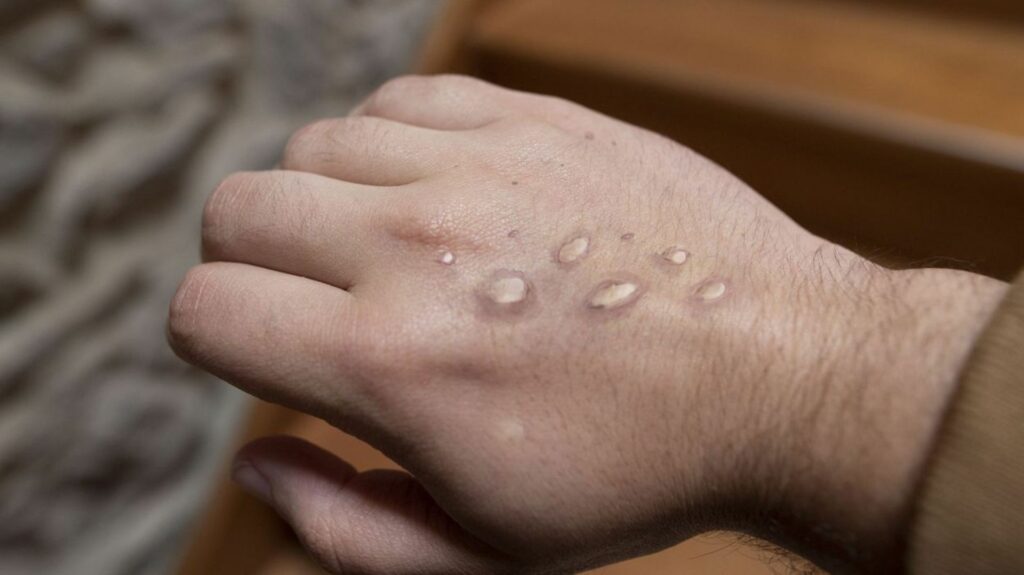The number of monkeypox cases has tripled in Europe in the past two weeks. In total, the WHO has reported 4,500 confirmed monkeypox cases, spread across 31 countries in the European region.
WHO Europe chief Dr Hans Kluge said the number of infections in Europe represents about 90% of the global total. In Belgium, 117 confirmed cases of monkeypox have been registered so far.
For the first time, someone with the virus has ended up in intensive care, and the virus has been detected in people who have not had sex with men, where the spread of the virus was most prevalent.
While the UN health agency decided last week that the escalating outbreak did not yet warrant being declared a global health emergency, Kluge said in a statement that increased efforts were needed.
“Let me be clear: there is simply no room for complacency,” he said in a statement. “Especially right here in the European Region, with its fast-moving outbreak that with every hour, day and week is extending its reach into previously unaffected areas.”
Related News
- First EU vaccines delivered to combat monkeypox outbreak
- 52 monkeypox cases in Belgium as Europe is 'epicentre' of virus outbreak
- Monkeypox vaccine recommended for all those unvaccinated against smallpox
Around 10% of European patients were hospitalised for observation or isolation, but sometimes also for treatment, Kluge said. No one has died from the virus yet, but one patient has been admitted to the IC.
Spread of the virus
Monkeypox spread from West Africa to Europe in May. Although the virus is not highly contagious and most cases heal after a few weeks, health experts fear that the virus may evolve into a more contagious variant.
Another fear is that the monkeypox virus will spread to animals and continue to circulate among animals and people.
However, there is a vaccine against monkeypox. The first doses purchased by the EU were delivered on 28 June, with 5,300 doses arriving in Spain.
Symptoms
Symptoms of the virus include fever, body aches, enlarged lymph nodes and eventually “pox” – painful, fluid-filled blisters on the face, hands and feet.
Most people recover from the illness within two to four weeks, while some cases may be fatal. One version of monkeypox has a 10% fatality rate, while the version detected in the UK kills less than 1% of people infected.

